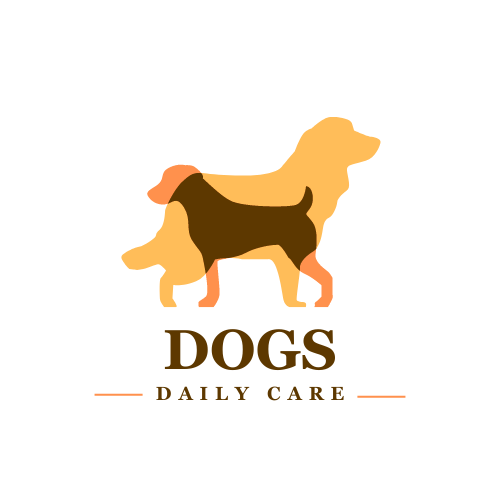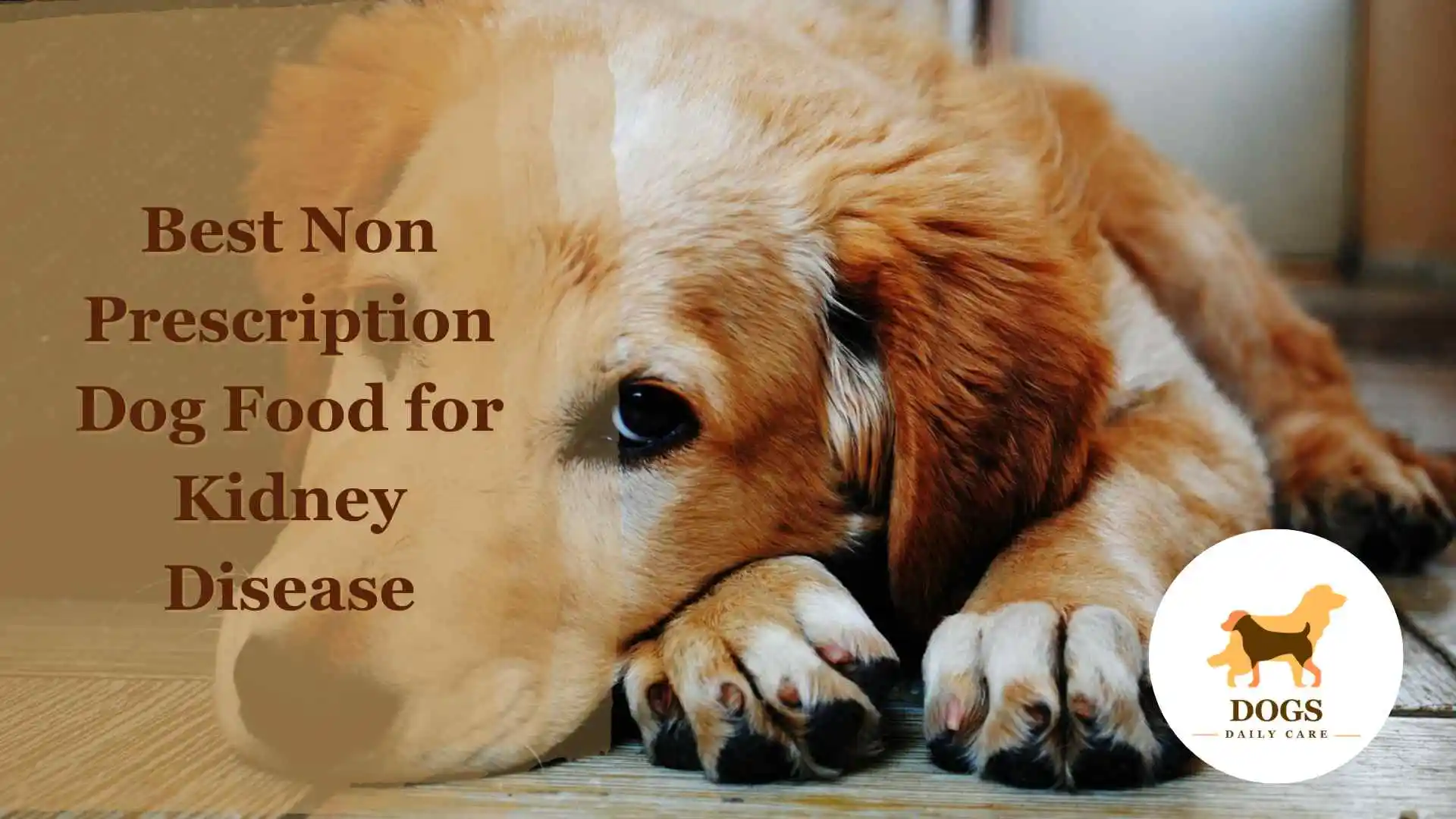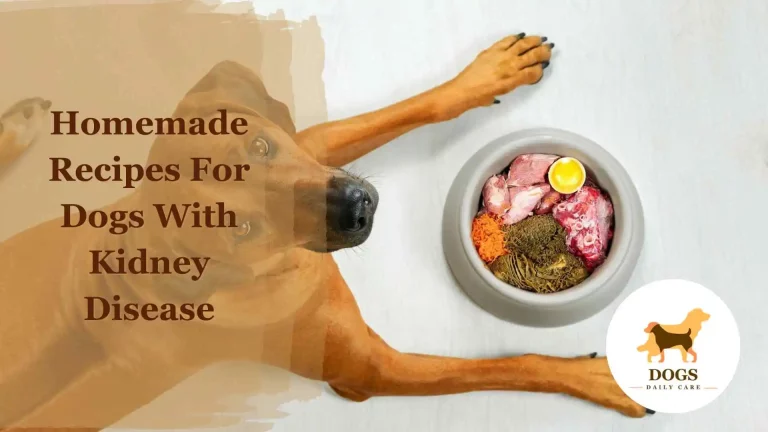The Best Non-prescription Dog Food for Kidney Disease
Kidney disease is an ailment that can significantly affect the life quality of our furry companions. Much like in humans, a dog’s kidneys work to filter out toxins from the bloodstream, and when they aren’t functioning optimally, it can lead to a host of health issues. Whether your dog has been diagnosed with kidney disease or is at risk, altering their diet can be a crucial step in managing the condition and ensuring a comfortable, healthy life for your beloved pet.
Searching for the right food for a canine companion with kidney issues can be a daunting task. The market is flooded with both prescription and non-prescription offerings, each claiming to be the best for managing kidney disease. However, not all dog owners may have easy access to prescription diets, or they may be searching for a more cost-effective alternative without compromising on the essential dietary needs of their pet with kidney disease.
In this comprehensive guide, we will delve into some of the best non-prescription dog food options that are favorable for dogs battling kidney disease. We’ll explore key nutritional factors to consider, review a handful of top-rated non-prescription dog foods, and even touch on the possibility of homemade meals.
Our aim is to equip you with the knowledge and options necessary to make an informed decision for the dietary welfare of your dog suffering from kidney disease. So, let’s embark on this journey towards ensuring a happier and healthier life for your loyal companion.
Understanding Kidney Disease in Dogs
Kidney disease in dogs is a common yet serious condition that requires timely attention and proper management. The kidneys are vital organs, performing numerous functions including filtering waste products, balancing electrolytes, and creating hormones. When the kidneys falter, it affects a dog’s overall health significantly.
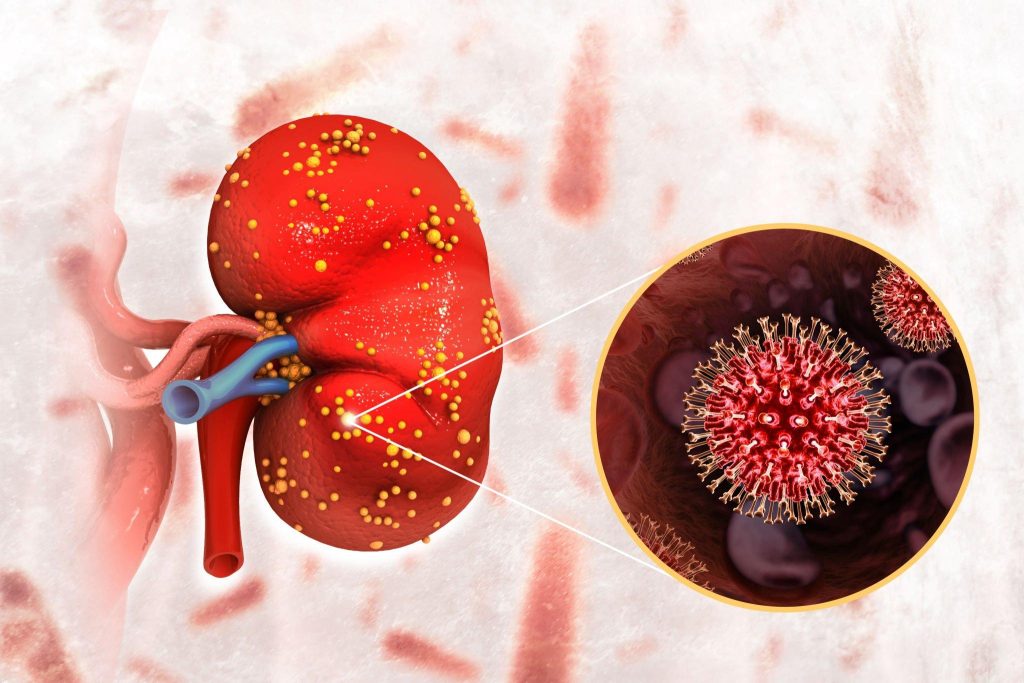
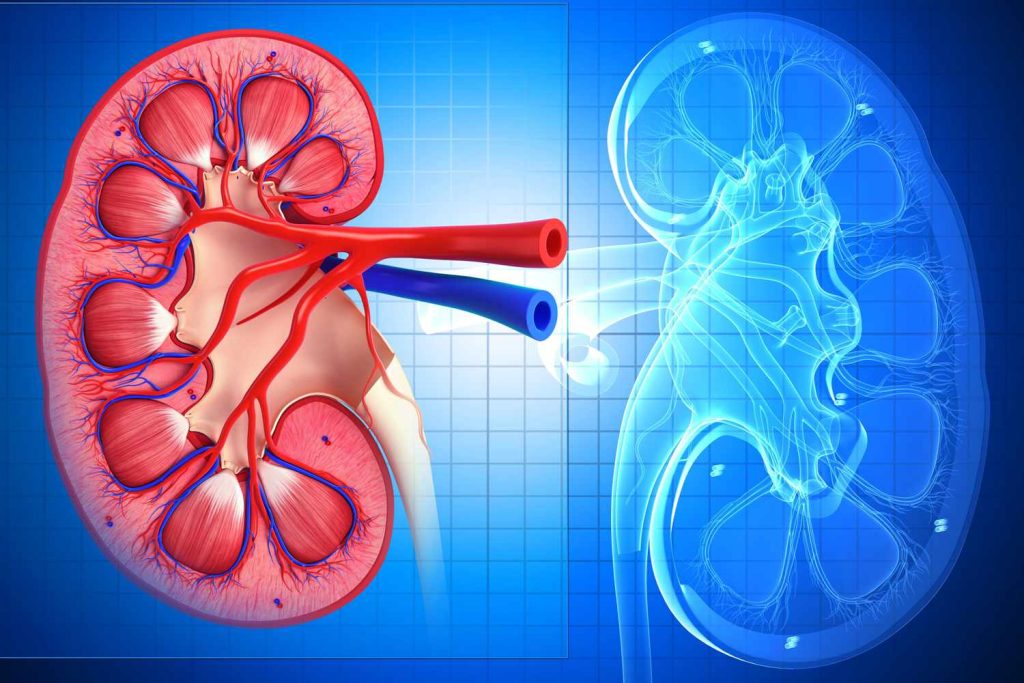
When it comes to managing kidney disease, one of the pivotal steps is modifying the diet to lessen the workload on the kidneys. A kidney-friendly diet is typically low in phosphorus and has moderate levels of high-quality proteins. This change can significantly improve the quality of life of dogs with kidney disease. However, before making any dietary changes, it’s paramount to consult with a veterinarian to ensure the new diet meets the specific needs of your dog. They can provide invaluable insights and recommendations to navigate this challenging health issue, ensuring your four-legged friend remains as healthy and comfortable as possible.
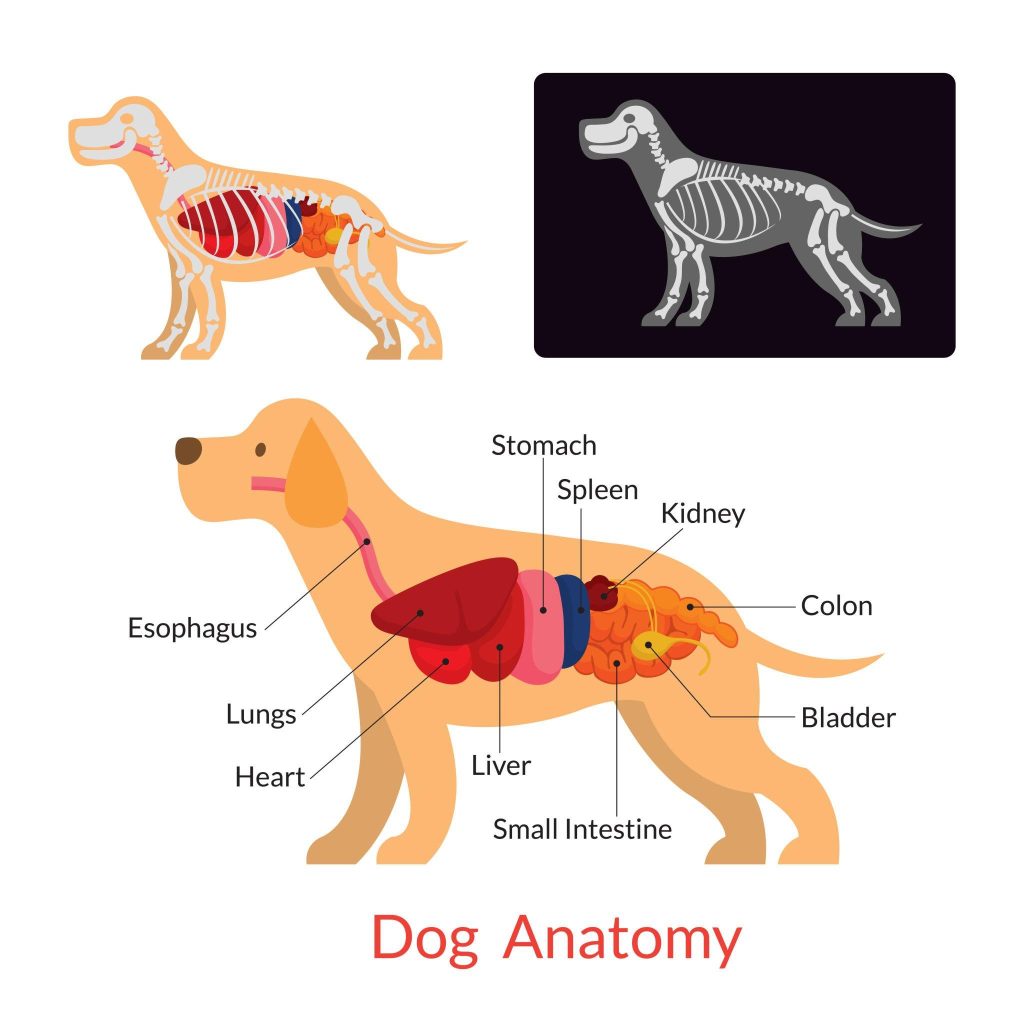
The two primary forms of kidney disease in dogs are Acute Kidney Injury (AKI) and Chronic Kidney Disease (CKD). AKI is a sudden loss of kidney function, often due to toxins, certain medications, or severe dehydration. On the other hand, CKD is a slow, progressive loss of kidney function over time. Although both forms are concerning, CKD is often seen in older dogs and can be managed well with the right dietary adjustments and veterinary care.
What to Look for in Dog Food for Kidney Disease
Navigating the plethora of dog food options available in the market can be overwhelming, especially when seeking to address specific health concerns like kidney disease. When it comes to choosing the right dog food for managing kidney disease, certain nutritional factors take precedence to help alleviate the symptoms and slow the progression of the condition.
Firstly, a low-phosphorus content is crucial. High levels of phosphorus can exacerbate kidney disease by leading to further kidney damage. Thus, a diet low in phosphorus can help manage the disease and improve the quality of life for dogs affected by kidney issues.
Secondly, high-quality protein is essential. While a common misconception may lead some to believe a low-protein diet is ideal, it’s the quality of protein that matters most. High-quality proteins provide the necessary amino acids for your dog without overloading the kidneys with excessive phosphorus.
Additionally, Omega-3 fatty acids have shown promise in slowing the progression of kidney disease. These fatty acids can help reduce inflammation and lower blood pressure, which can be beneficial in managing kidney disease in dogs.
Moreover, look for dog foods that contain added antioxidants such as vitamin E and C. Antioxidants help to combat oxidative stress which is often a contributor to kidney disease progression.
Lastly, hydration is key. Kidney disease can often lead to dehydration, so it’s essential to ensure your dog has plenty of water. Wet dog food or adding water or broth to dry kibble can be good ways to increase your dog’s hydration levels.
Consultation with a veterinarian is indispensable when altering your dog’s diet, especially in the face of kidney disease. They can provide tailored advice based on the specific needs and health status of your dog.
In the pursuit of the best non-prescription dog food for kidney disease, armed with the right information, you can make a choice that significantly enhances the comfort and longevity of your cherished furry companion.
Top Non-Prescription Dog Food Options for Kidney Disease
When it comes to managing kidney disease in dogs, finding the right diet is paramount. While prescription diets are often recommended, there are several non-prescription options available that can also provide the necessary nutrition for dogs with kidney concerns. Here, we’ve rounded up some top-rated non-prescription dog foods that cater to the dietary needs of dogs with kidney disease.
Brand X Renal Support Formula
This highly-rated formula contains a balanced blend of low phosphorus and high-quality protein to support kidney function. It’s also enriched with omega-3 fatty acids and antioxidants to promote overall health. The easily digestible ingredients make it a go-to choice for many pet parents dealing with kidney issues.
Brand Y Kidney Care Formula
Known for its natural ingredient list, this formula provides the essential nutrients required to manage kidney disease. With lower phosphorus levels and moderate high-quality protein, it’s a safe and nutritious option for dogs needing a kidney-friendly diet.
Brand Z Advanced Renal Support
This formula goes the extra mile by including a blend of essential vitamins and minerals to support kidney function. Alongside its low phosphorus and high-quality protein content, it offers a balanced nutrition for dogs with kidney concerns, ensuring they lead a comfortable and healthy life.
Each of these non-prescription dog foods has its unique features that cater to the varying needs of dogs with kidney disease. It’s advisable to discuss with your veterinarian before transitioning to a new diet to ensure it aligns with the specific needs of your furry friend. With the right non-prescription dog food, managing kidney disease and providing a wholesome diet for your dog becomes a less daunting task.
Whether you opt for one of these recommended brands or explore other options, prioritizing a well-balanced, kidney-friendly diet is the key to enhancing the life quality of dogs facing kidney disease. Your dog’s diet plays a significant role in managing kidney disease symptoms, and with the right nutritional support, you can contribute to a happier, healthier life for your loyal companion.
Homemade Dog Food Options
Creating a homemade diet for a dog with kidney disease can be a rewarding yet challenging task. A well-planned homemade diet allows you to control the ingredients and provide a fresh and wholesome meal tailored to your dog’s specific needs. However, it’s crucial to consult with a veterinarian or a canine nutritionist to ensure the meals are balanced and kidney-friendly. Below are some wholesome ingredients and meal ideas that can be considered for dogs with kidney disease:
Lean Meats
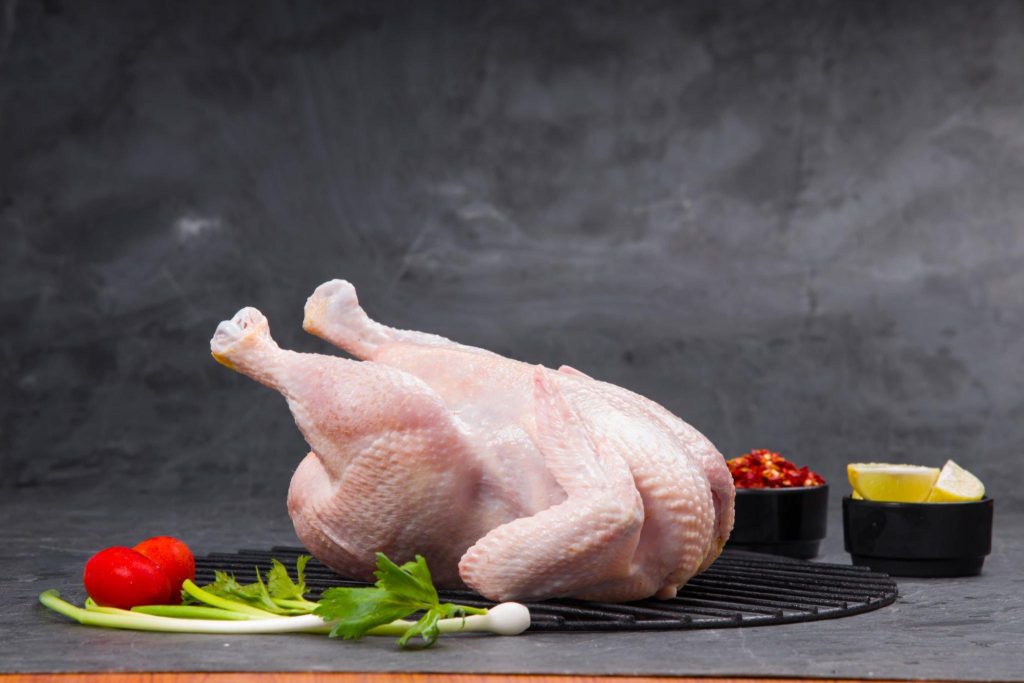
Lean meats such as chicken, turkey, or lean beef cuts provide essential proteins without overloading the system with phosphorus. Ensure they are cooked thoroughly and served in moderation as per your vet’s advice.
Egg Whites

Egg whites are an excellent source of high-quality protein. They can be boiled or cooked without any oil or seasoning and mixed with other kidney-friendly ingredients to create a nutritious meal.
Rice and Pasta
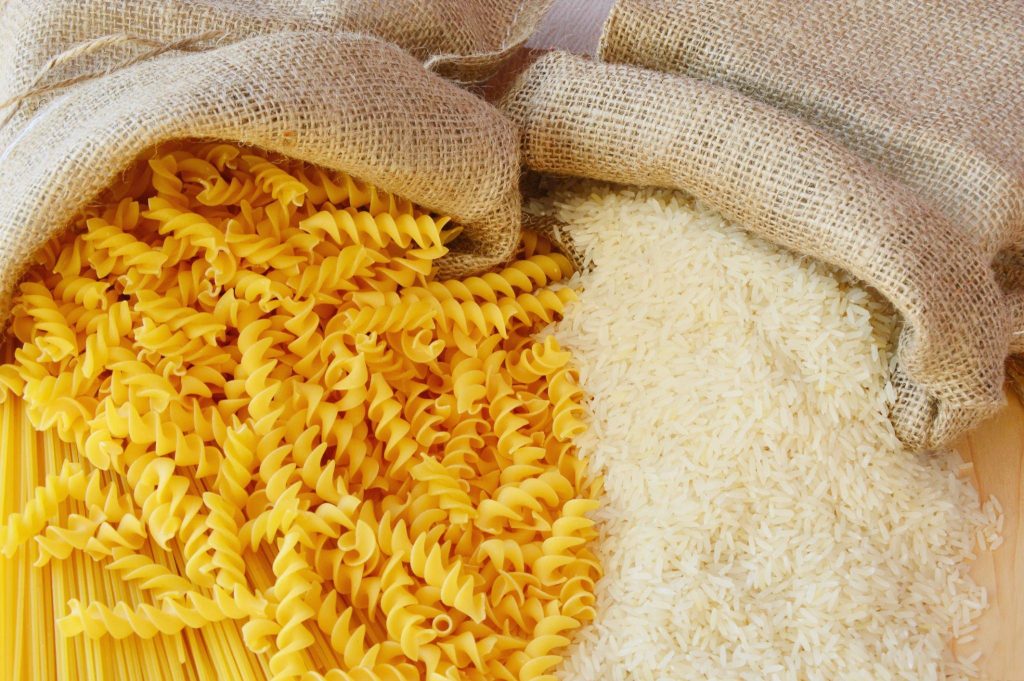
Both rice and pasta are low in phosphorus and can serve as a good base for your dog’s meals. They provide the necessary carbohydrates for energy without stressing the kidneys.
Carrots and Green Beans
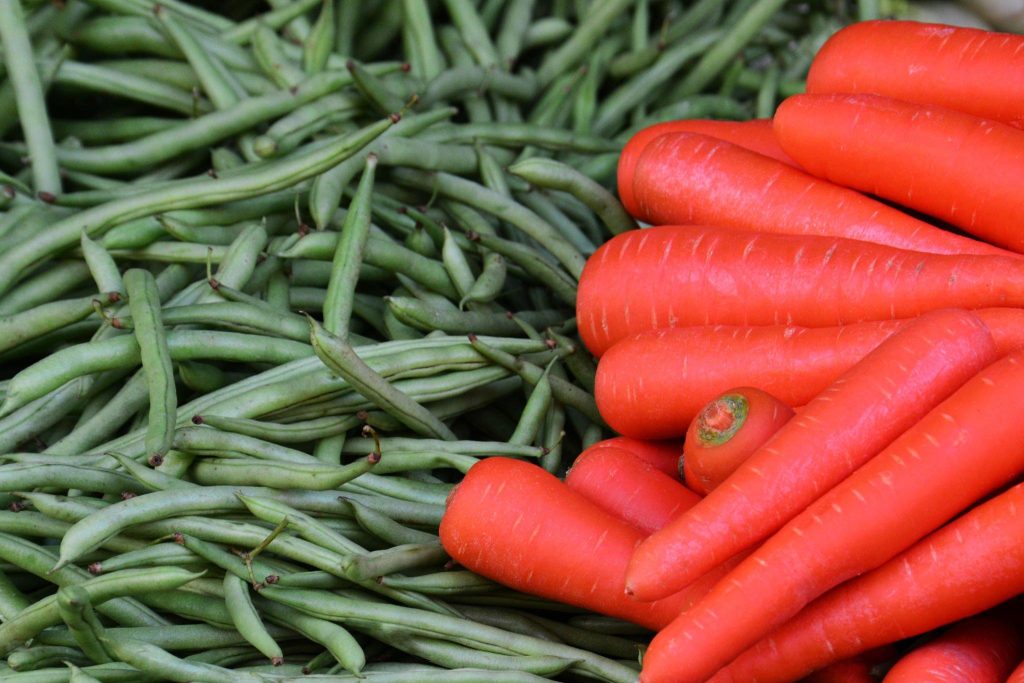
These vegetables are low in phosphorus and can be steamed or boiled and mixed with lean meats to create a balanced meal.
Low-Phosphorus Grains like Quinoa
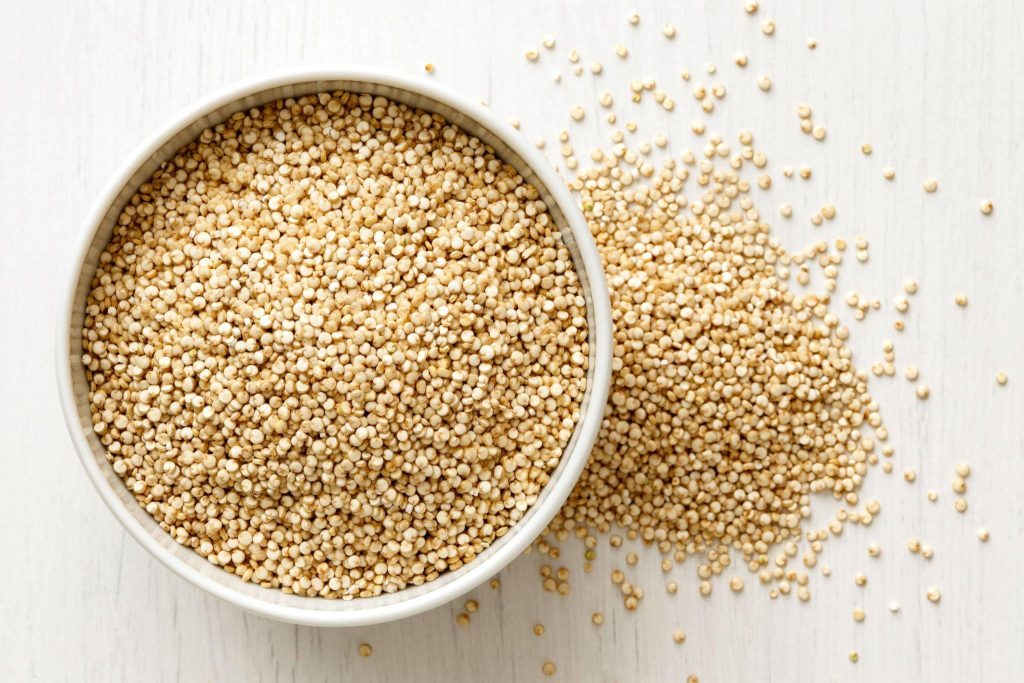
Quinoa is a low-phosphorus grain that can be a good alternative to common grains. It’s also a good source of protein and other essential nutrients.
Omega-3 Supplements

Adding Omega-3 fatty acid supplements like fish oil can support kidney function and overall health. Consult with your vet on the right dosage.
Creating a balanced homemade meal requires a blend of protein, carbohydrates, and a small amount of fat, along with essential vitamins and minerals. It’s paramount to work closely with a veterinarian to design a diet that meets the nutritional needs of a dog with kidney disease while ensuring the phosphorus content is kept to a minimum.
When venturing into homemade dog food, patience, and a keen understanding of the nutritional needs of a dog with kidney disease are crucial. Together with expert advice, you can craft meals that not only manage the symptoms of kidney disease but also tantalize your furry friend’s taste buds, making mealtime an enjoyable experience.
Transitioning to a New Dog Food
Adapting to a new diet can be a delicate process for dogs, especially for those battling kidney disease. A smooth transition to a new dog food can help prevent digestive upsets and ensure your dog accepts the new diet willingly. Here’s a step-by-step guide on how to transition your dog to a new diet while keeping their kidney condition in mind:
Consultation
Before making any dietary changes, consult with your veterinarian. They can provide tailored advice based on your dog’s specific needs and health status.
Slow Transition
Start by mixing a small amount of the new dog food with the current food. Gradually increase the amount of new food while decreasing the old food over a period of 7 to 10 days. This slow transition will help your dog’s digestive system adapt to the new diet.
Monitor Reactions
Keep a close eye on your dog’s reaction to the new food. Look for signs of digestive upset or allergic reactions, and report any concerns to your veterinarian immediately.
Maintain Hydration
Ensuring your dog stays hydrated is crucial, especially when dealing with kidney disease. Always provide fresh water, and consider adding wet food or broth to the diet to increase hydration.
Patience and Encouragement
Some dogs may take time to adjust to new flavors and textures. Be patient, and use positive reinforcement to encourage your dog to eat the new food.
Regular Check-ups
Schedule regular check-ups with your veterinarian to monitor your dog’s kidney function and overall health as they adapt to the new diet.
Transitioning to a new dog food requires a gentle, patient approach. By following a structured transition plan and maintaining open communication with your veterinarian, you can ensure a successful dietary shift that supports the management of kidney disease in your furry companion.
Remember, every dog’s reaction to a new diet may vary. Tailoring the transition process to suit your dog’s individual needs, while keeping their health and comfort as the priority, can contribute significantly to managing kidney disease effectively.
Frequently Asked Questions (FAQs)
1. What causes kidney disease in dogs?
Kidney disease in dogs can be caused by a variety of factors including aging, genetic predisposition, infections, exposure to toxins, and underlying medical conditions such as diabetes or high blood pressure. Early diagnosis and proper management can significantly help in managing the disease.
2. How can diet affect kidney disease in dogs?
A well-balanced diet is crucial for managing kidney disease in dogs. A kidney-friendly diet, low in phosphorus and with moderate amounts of high-quality protein, can help reduce the workload on the kidneys, slow the progression of the disease, and improve your dog’s quality of life.
3. Is prescription dog food necessary for managing kidney disease?
While prescription dog foods are specially formulated to address the dietary needs of dogs with kidney disease, there are non-prescription alternatives that may also be suitable. It’s essential to consult with a veterinarian to determine the most appropriate diet for your dog.
4. Can homemade food be beneficial for dogs with kidney disease?
Yes, homemade food can be beneficial as it allows for control over the ingredients ensuring they are fresh and wholesome. However, it’s crucial that the diet is well-balanced and formulated in consultation with a veterinarian or a canine nutritionist to meet the dietary needs of a dog with kidney disease.
5. How should I transition my dog to a new diet if they have kidney disease?
Transitioning should be done gradually over a period of 7 to 10 days, by mixing the new food with the old food, and slowly increasing the proportion of the new food. Monitoring your dog’s reaction, maintaining hydration, and consulting with your veterinarian throughout the process are key steps to ensure a successful transition.
Conclusion
Managing kidney disease in dogs requires a holistic approach, with diet playing a pivotal role in ensuring your furry friend maintains a good quality of life. The array of non-prescription dog food options and homemade meal ideas discussed in this post provide a foundation for creating a kidney-friendly diet without compromising on nutritional value. It’s crucial to collaborate with a veterinarian to tailor a diet that meets the specific needs of your dog while managing the symptoms of kidney disease effectively.
Embarking on the journey of adjusting your dog’s diet in light of kidney disease can be daunting, but with the right information and professional guidance, it becomes a manageable task. Whether you choose a commercial non-prescription dog food, opt for homemade meals, or a blend of both, the ultimate goal is to offer a nutritious, low-phosphorus diet that supports your dog’s kidney function and overall well-being. Your efforts towards providing a balanced, kidney-supportive diet are a testament to the care and love you have for your loyal companion.
